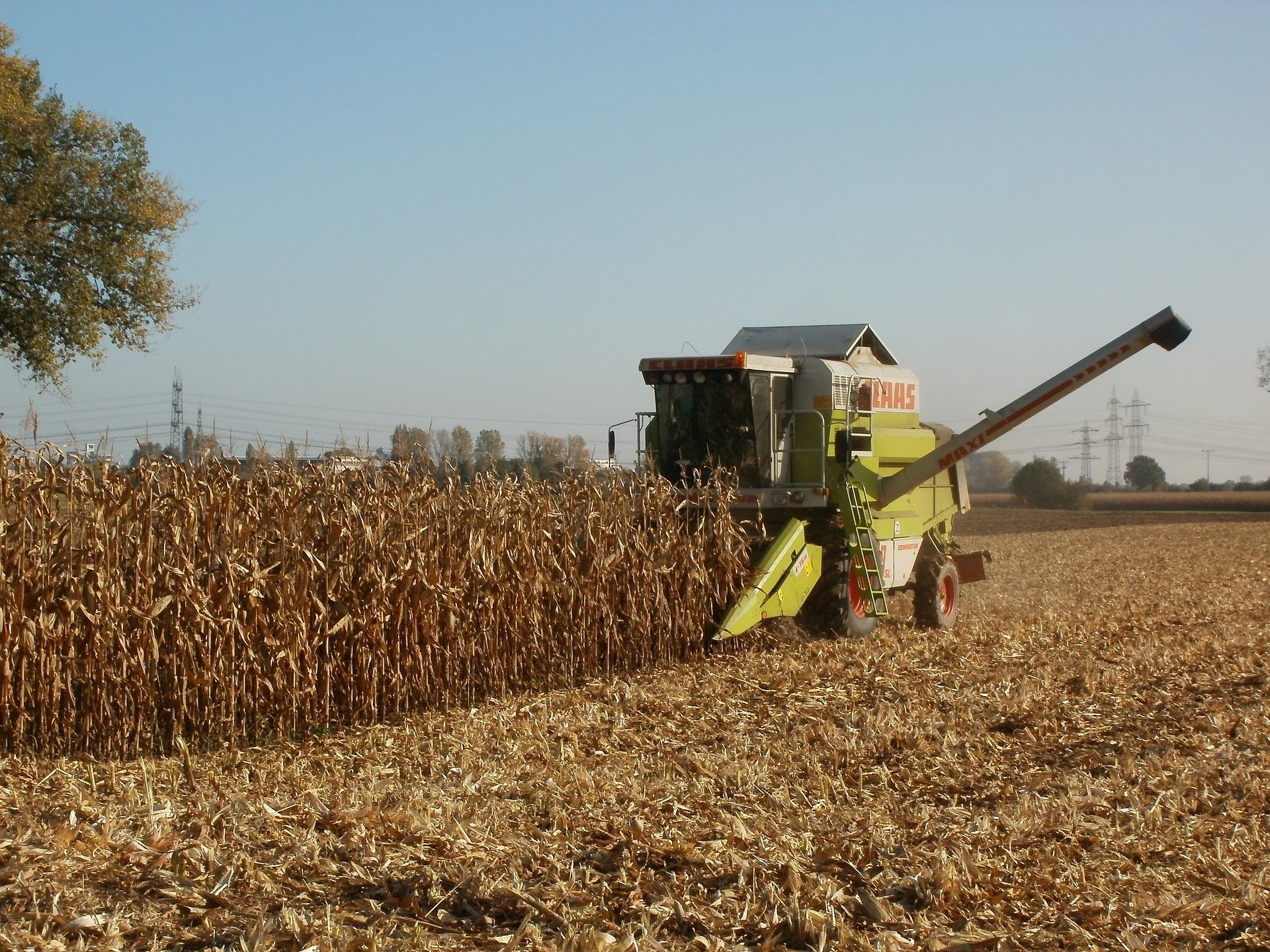Dr Gawie du Toit’s fertilization experiment with maize in collaboration with Ermelo High School and TLU SA, has proven once again that the pursuit of maximum harvest must be tempered with realistic fertilisation for maximum profit.
The large-scale fertilisation trial with maize was planted in October 2021 by local farmer Gerrie Janse van Rensburg.
“We had more than one goal with the trial. It serves as a practical demonstration and visit site for the learners of Ermelo High School’s Agricultural Academy. It is a way for them to be able to experience how a plant reacts to fertilisation in relation to crop performance. Different amounts of nitrogen (N), phosphorus (P) and potassium (K) were applied. The growth and development of the plants was carefully monitored during the season and photographs were taken,” says Dr Gawie du Toit, soil expert who announced the results during a farmer’s day in Ermelo.
“Then we will also determine with the final harvest performance results whether a large NPK input – to achieve a maximum harvest – can be financially justified. This is an aspect that is generally presented as the designated method for maize production. The aspect of profitable maize production will therefore also be scrutinized.”
For Dr Du Toit this trial joins with more than 40 years of NPK trials.
“It has been proven once again that unnecessary excess fertilisation is one of the main causes for the enormous maize debt, which according to Statistics SA and other observers amounts to around R120 billion. The solution clearly lies in the fact that excessive NPK input in pursuit of maximum harvests must be tempered with realistic fertilisation for maximum profit.”
The farmers’ day was also attended by TLU SA’s president Mr Henry Geldenhuys.
“Input costs play a big role in farming successfully and they are constantly changing and increasing. Food prices have also increased. This is a given that we cannot change. That is why it is important that if we want to continue farming, we must make good financial decisions. It is important to try to keep input costs as low as possible. For that reason, trials like these are valuable for agriculture in the country,” says Mr Geldenhuys.
Others who attended the day and listened to the results were Derek Matthews from Grain SA, Fasie de Kock from Timac AGRO, farmers from the area and learners who took part in the trials.
“Highest yield is not the most profit. This is the reality. It is so important that farmers use data – of which there is no shortage – at their disposal,” said Mr. Matthews.
Dr Du Toit’s partner Dr Hendrik Smith encouraged farmers to gather information themselves and not just rely on the obvious. “Know your soil. Know what’s going on with your land. Don’t believe everything on pamphlets. Ask for more information. Ask for the scientific tests that have proven the information you have been given.”
TLU SA General Manager Mr. Bennie van Zyl said the time is now for farmers to use these facts and test results at their disposal.
“We hope that what we see and learn here today will help farmers to make better decisions and to focus on what will help them to pursue greater profitability in their farming.”
For the breakdown of the test results as done by Dr Du Toit visit this link. Click here.
Source: TLU SA










Ek sal aie graag wil kontak maak